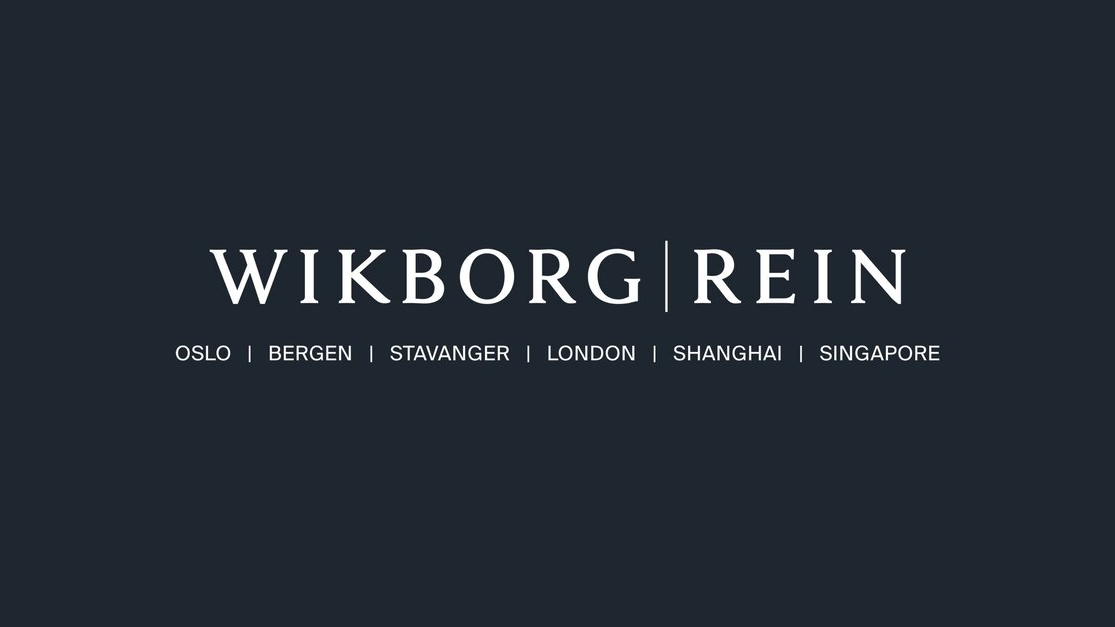Arbitration - The Evolution of Modern Dispute Resolution
Arbitration is a private dispute resolution process where parties agree to have their case handled by a neutral person or panel of arbitrators.
ArticlesSorting out business disputes isn't just a legal step - in fact, it's a key business strategy. And handling disputes quickly, privately and efficiently can be the difference between a thriving partnership and a damaged reputation. That’s why arbitration has become a preferred conflict resolution method for many, offering a confidential and effective process to reach a final outcome.
So what is arbitration? Arbitration is a private process where parties agree to have their case handled by a neutral person or panel of arbitrators. It's a way to handle a dispute outside of the traditional court system and gives the parties more control over how things are done.
Arbitration was originally designed to be a more flexible method and led by experts, compared to processes like litigation which is based in a court setting. However, as international arbitration has grown and become more established, it has begun to adopt many processes involved in litigation, unfortunately along with rising costs and more complex procedures.
This article will look at the main ideas behind arbitration, its history, and how technology is helping it get back to being an efficient and simple dispute resolution method.
The Ideas Behind Arbitration
Arbitration is a process built on a few core principles that make it different from other ways of settling disputes.
It's a Consensual Process
The most important thing about arbitration can only happen if both parties agree to it. This agreement can be decided in advance and can often be found as an arbitration clause in many business contracts.
Additionally, once arbitration has begun, a party cannot back out on their own, which is different from mediation. It has to be decided by both parties.
Party Autonomy and Flexibility
In an arbitration case, everyone involved is given the freedom and autonomy to customise the process to their specific needs. This allows the parties to decide on many aspects of the proceedings, including the applicable laws involved, the language of the arbitration, and the location.
Unlike the more rigid rules involved in litigation, arbitration offers flexibility in how evidence is presented and what procedures are followed. This is especially useful in complicated international cases, where a one-size-fits-all approach doesn't always work.
Neutrality and Expert Decisions
In court, a judge is assigned without any say from the parties. However, in arbitration cases, the parties get to choose their arbitrator. They can also pick from a single arbitrator or a three-person panel. For a panel, each party chooses one arbitrator, and they then collaborate to pick the third person, who will be the presiding arbitrator.
This process allows parties to appoint a neutral person with specialised knowledge in the relevant field or industry and is a benefit in particularly technical disputes. In a complex business disagreement, having a decision-maker with significant industry knowledge can make a lot of difference - a ruling from an expert is more likely to be commercially and technically sound, providing a workable solution rather than just a legal one.
Being able to choose a neutral expert also eliminates any advantage or bias that might exist in a national court system.
Confidentiality and Finality
For businesses that want to protect trade secrets, financial details, or their public image, the confidential nature of arbitration is a major benefit. Unlike public court hearings, arbitration proceedings are private, and the final decision is not made public, ensuring sensitive information stays secure.
Arbitral outcomes are also legally binding and, with very limited exceptions, final. This puts a definitive end to the dispute, avoiding the long and costly appeals process that can follow a court judgement.
The Differences in Disputes Resolution Methods
The following table provides a clear comparison of the key features of arbitration, litigation, and mediation:
The Benefits of Arbitration
Speed, Efficiency, and Cost-Effectiveness
Arbitration is typically faster than litigation, because it has more flexible rules and streamlined procedures. This speed also makes it more cost-effective, as there are fewer court fees, less extensive discovery, and lower overall legal expenses. This is a crucial benefit for businesses, as long disputes can drain resources and disrupt operations.
Confidentiality and Strategic Advantage
In the legal industry, where there’s a lot of competition, the confidentiality of arbitration is not just a benefit, it’s a strategic advantage. The privacy of the proceedings ensures that sensitive information is not exposed to the public or competitors. This allows businesses to resolve disputes without risking their brand and commercial interests.
Specialist Expertise
The ability to appoint an arbitrator with industry-specific knowledge is a significant benefit, especially for cases in a niche industry or that reference unique laws. A decision made by an expert in a specific field, such as construction or technology, is more likely to be a commercially and technically sound solution that the parties can understand and implement effectively.
How Technology is Defining the Future of Arbitration
With the introduction of technology, arbitration is evolving. And this technology doesn’t just automate manual tasks but also aims to create a more accessible, efficient, and transparent dispute resolution system that addresses the challenges of established arbitration practices in a modern industry.
Arbitration Software
Arbitration software is a tool designed to address the challenges within arbitration, including automating manual tasks, enabling remote hearings and analysing evidence portfolios.
Some of the features or capabilities offered by these platforms include:
Online Dispute Resolution (ODR) and Virtual Hearings
Online Dispute Resolution (ODR) is a broad term for dispute resolution processes that are carried out online. The most obvious example of this is a virtual hearing, which uses video conferencing to let parties, lawyers, and arbitrators attend remotely.
This has had big implications for international arbitration, as even though arbitration doesn’t take the case to court, it removes the need for any travel and allows for seamless, borderless proceedings.
By connecting people across continents, ODR has made arbitration far more accessible for international disputes and for smaller parties who might have previously been put off by high costs and geographical limitations.
Evidence Management
Today, evidence includes emails, texts, documents, recordings, videos, and lots and lots of data. Managing this volume and variety of digital evidence is a significant challenge, as arbitration often lacks the standardised e-filing systems of traditional courts.
However, dedicated legal technology platforms like TrialView are now being used to standardise the creation of case bundles, automate indexing and timeline creation, and also create a verifiable audit trail for every access and modification of a document in the portfolio.
This not only streamlines the evidence management process, but also allows arbitrators to spend time on legal strategy rather than document management.
Artificial Intelligence (AI)
AI-powered tools like TrialView can analyse thousands of documents in seconds, finding legal issues and highlighting key information. AI can also analyse case history, evidence and past rulings to help predict likely outcomes and identify gaps in the other party’s case.
This technology also helps to improve the arbitrator selection process. AI-powered tools can provide data-backed insights into an arbitrator's skills, social networks, and past performance, allowing parties to make more objective and informed choices. This can also help to address issues of diversity in the field by highlighting qualified arbitrators who may not be part of the traditional selection loop.
Blockchain and Immutable Records
To address the long-standing challenges of data integrity and trust, blockchain technology is now providing a revolutionary solution. By creating a secure, transparent, and unchangeable ledger of arbitral proceedings, blockchain ensures that documents and awards cannot be altered or manipulated. This provides a tamper-proof record that can be independently verified, which reduces the risk of disputes over document authenticity and increases confidence in the process’ integrity.
A Smarter Approach to Dispute Resolution with TrialView
The modern arbitration process needs a technology stack that’s connected - an integrated system that supports the entire lifecycle of a case. TrialView does this by providing an award-winning Cloud platform with advanced AI capabilities, simple case bundling tools and hearing services such as real-time transcription that can be added onto your package.
As a trusted provider at leading arbitral institutions such as the ICC, IAC, and DDRC, TrialView is uniquely positioned to handle the challenges of both simple and complex arbitration cases. With a dedicated support team that works to align the platform with a client's existing workflows, TrialView helps legal professionals streamline their practice, save time, and build stronger cases to out-manoeuvre the competition.
See TrialView in action
As one of the leading litigation platforms, TrialView is the perfect addition to your tech stack. Book a free demo to get started.
Book a demo.svg)



